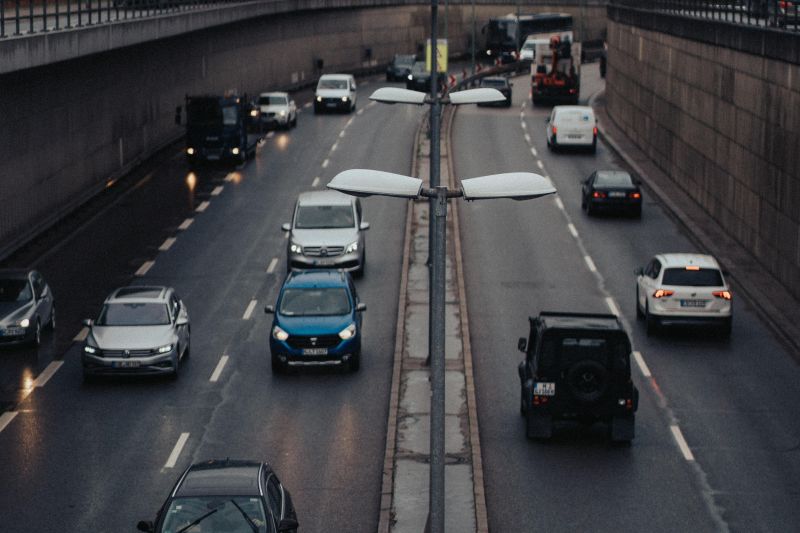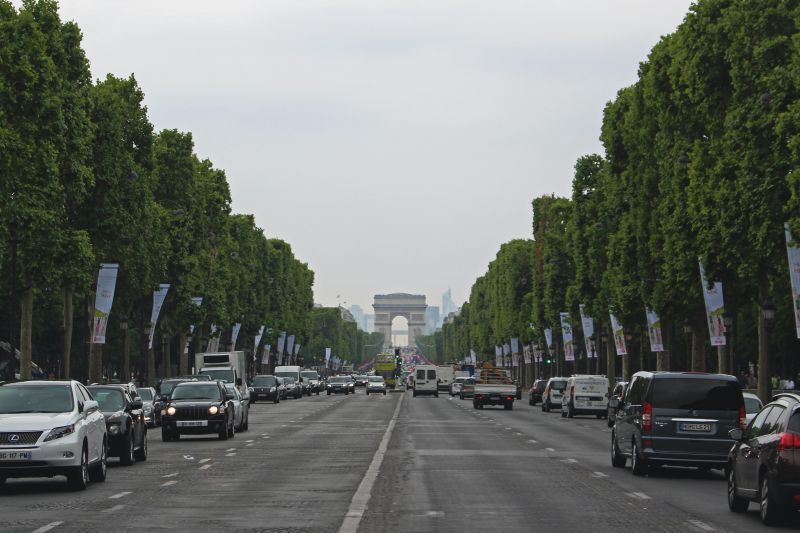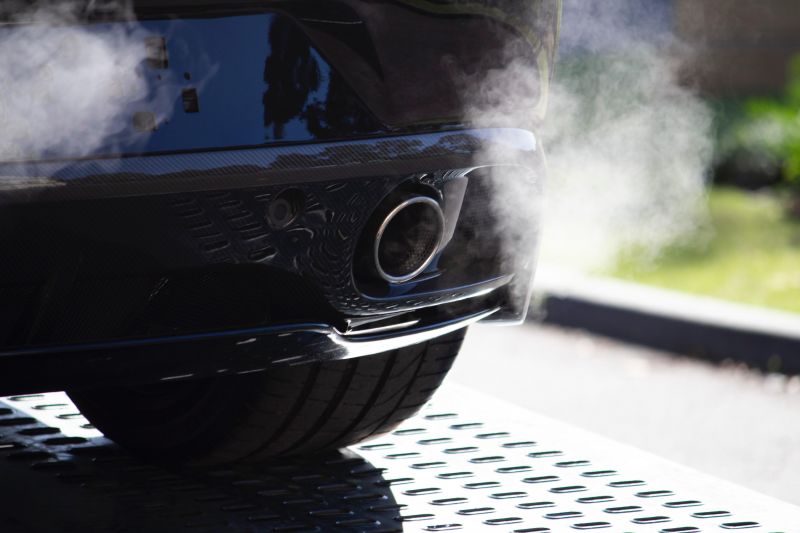
[ad_1]
The European Parliament has agreed on watered-down emissions regulation adjustments after blowback from European carmakers.
Numerous Members of European Parliament (MEPs) efficiently pushed for key adjustments to the upcoming Euro 7 emissions rules, with 52 votes in favour of the revised rules and 32 in opposition to.
These are set to be adopted throughout the November 1, 2023 plenary sitting and might be negotiated with European Union (EU) governments.
The present Euro 6 rules at the moment are set to be repealed on July 1, 2030 for automobiles and vans and on July 1, 2031 for buses and vans, as an alternative of in 2025 and 2027, respectively, as had been proposed by the European Fee.
The unique Euro 7 rules proposed on the finish of 2022 known as for stricter testing protocols, in addition to the harmonisation of emissions limits for each petrol and diesel passenger automobiles.
“We now have efficiently struck a stability between environmental objectives and the important pursuits of producers,” stated Alexandr Vondra, member of the European Conservatives and Reformists Group.
“It could be counterproductive to implement environmental insurance policies that hurt each Europe’s trade and its residents.
“By way of our compromise, we serve the pursuits of all events concerned and keep away from excessive positions.”
In the long run, on the urging of eight carmaking nations – together with France, Italy and Czechia – the European Council agreed to maintain the present Euro 6 emissions guidelines for each petrol and diesel passenger automobiles and vans.
Together with rules governing emissions for passenger autos, electrical autos (EVs) have additionally been thrust beneath the highlight.
MEPs have proposed even stricter guidelines for battery sturdiness for vans and automobiles than the foundations proposed by the Fee.
These battery sturdiness necessities are along side a proposed alignment of calculation methodologies and emission limits for tyres and brakes.
MEPs search to align the European Union’s requirements with these being developed by the United Nations Financial Fee for Europe for measuring tyre abrasion and brake particle emissions.
These requirements would apply to each inside combustion-powered autos and EVs.
MEPs have proposed the introduction of extra air pollution classes for gentle industrial autos. The adopted textual content proposes stricter limits for exhaust emissions for heavy-duty autos, together with ranges set for real-world driving situations.
Different proposed initiatives for decreasing air pollution embrace an environmental automobile passport, stricter sturdiness necessities for automobile methods, the set up of onboard emissions monitoring methods and particular guidelines for small quantity producers.
The environmental automobile passport would talk details about gas consumption, emissions limits, battery well being and periodic technical inspection outcomes.
Stricter necessities for automobile methods are aimed toward decreasing the gradual deterioration of methods reminiscent of air pollution management methods and the engine.
The measures additionally name for autos to have an onboard emission monitoring system put in that data exhaust emissions, power/gas consumption and battery well being.
[ad_2]



